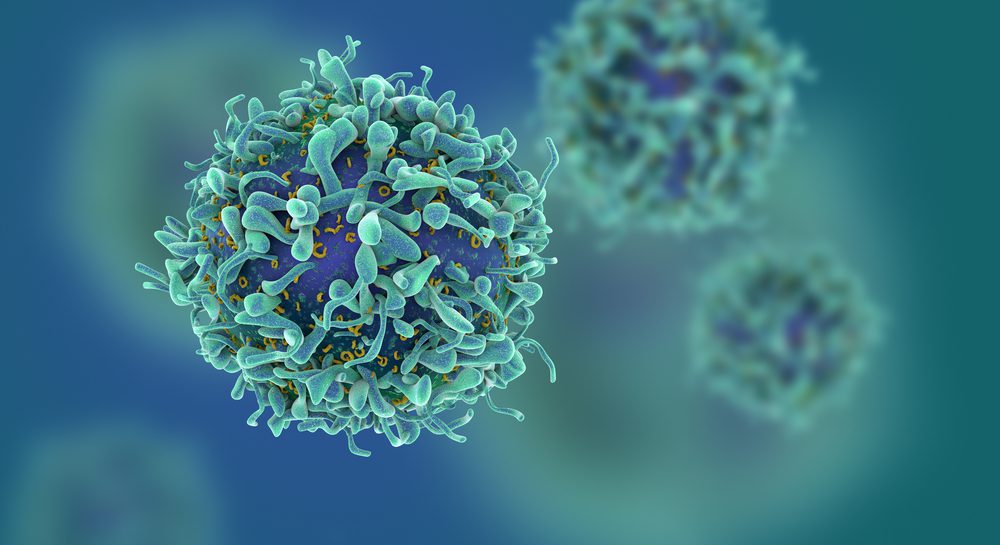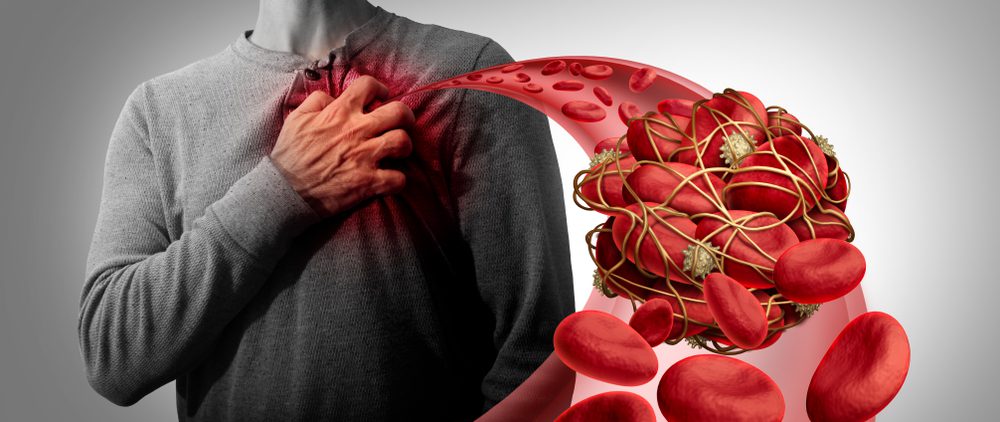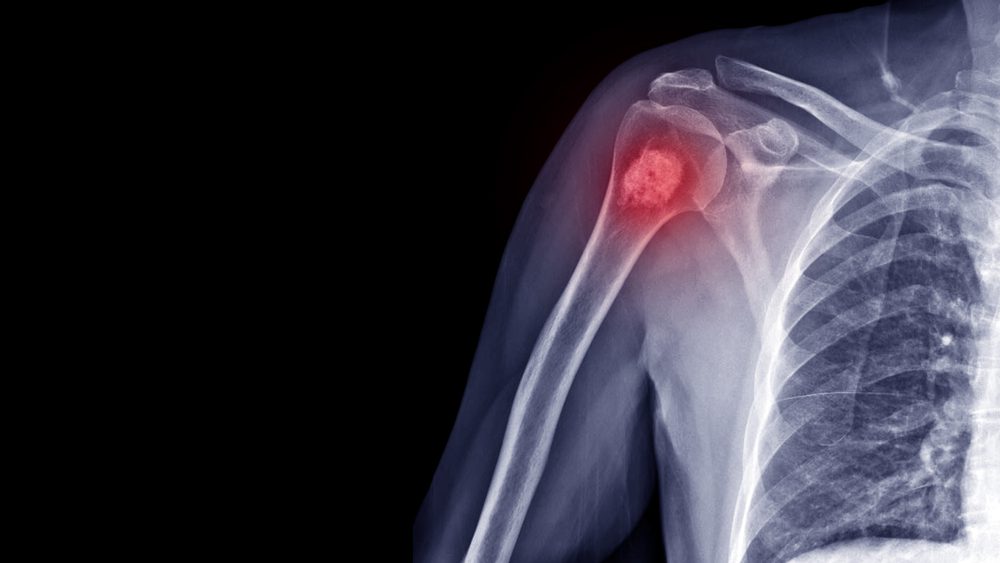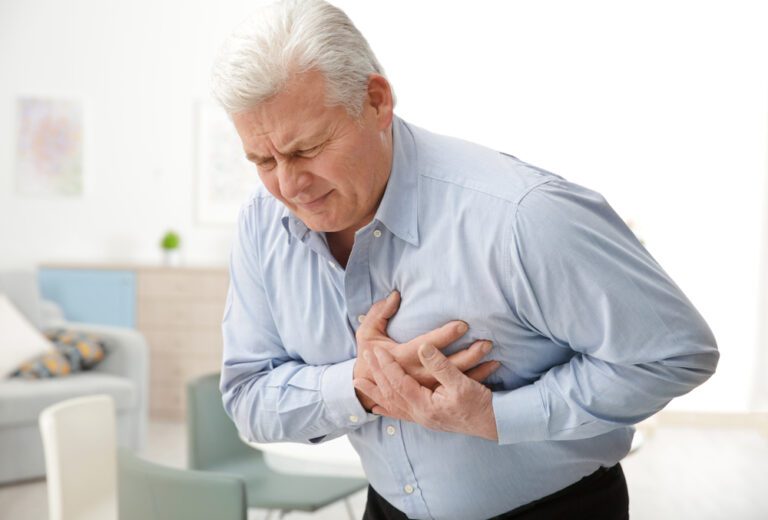
7. Pain in your back, jaw or neck
Women are more likely to complain of pain in their upper back, jaw, or neck. This discomfort is most typically felt in or around the heart, although the body has complex methods of alerting you if something is happening.
In women, back, neck, or jaw discomfort might be a modest sign of heart disease. It is frequently a minor sign, but one that must not be overlooked. Women might have pain in either arm, although males commonly have discomfort in the left arm.
Back discomfort, on the other hand, usually begins in the chest and progresses to both the top and lower back. Jaw discomfort in women is usually felt on the left side, closer to the heart. The pain comes in waves, unlike other types of jaw pain, where most patients can identify to a specific affected site.
People who have a heart attack may suffer referred pain, which is dispersed discomfort in other places of the body such as the jaw, shoulder blades, or arm. It occurs when discomfort begins in a group of nerves, such as the heart, and spreads to other parts of the body.
Inform your health care physician if pain in your back, neck, or jaw develops or increases with activity and then goes away after you stop. Even if you’re not pushing yourself, the pain might be intense and can keep you awake.


























3 thoughts on “8 Signs of a Heart Attack Seniors May Feel”
I just went through that. however the tired and fatigue continue, I have no energy, still have problems with shortness of breathing. I had been complaining to my primary doctor he didn’t seem concerned. The cardiologist does not seems, concerned with my fatigue I do not know weather they checked my heart thoroughly I still suffer with shortness of breath when I work hard. one thing they were very thorough with the bill, 75,000 for 2 days in the hospital and one meal.
What ever happened to: bend over and kiss your butt goodbye???
I am 84 years old. For almost 4 years, I have consulted with my PCP,
complaining of the mentioned symptoms. I even went to ER couple of times.
Recently, while visiting my Daughter (in a neighboring state) I was finally diagnosed with AFib in the ER. After a week’s stay in the hospital my heart rate was stabilized. I was given a 30 day supply of blood thinners and heart med, discharged and told to return to my PCP for ‘follow-up’.
My experience has taught me that the medical professionals are too often not as aware of the symptoms of heart problems, as the general public!!